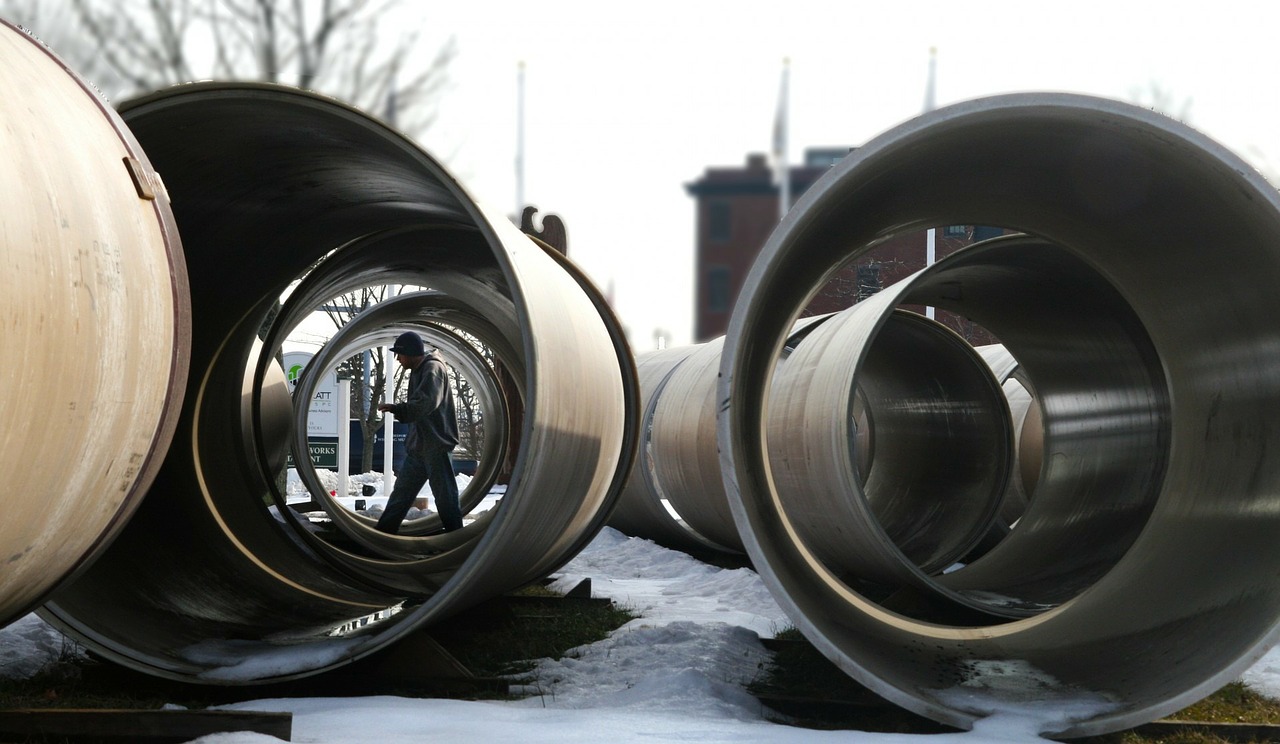Advantages of Renewing Instead of Replacing Pipes

Pipe renewal is the term given to the process of CIPP or trenchless repair of existing pipes. It involves relining or otherwise repairing your pipes so that they perform like they are new. Replacing your pipes is the more traditional approach to dealing with a broken pipe. Pipe replacement uses standard dig-and-replace methods. These two are the only branches of pipe repair, although trenchless replacement also exists as a combination of the two. So, why would you choose to renew your pipes instead of replacing them? As it turns out, there are certain benefits to pipe renewal, some of which are dealt with here.
They Cost Less to Install
Using trenchless technology to renew pipes is one of the best ways to do so simply because it costs far less to install renewed pipes through liners and other methods. This means that a certain amount of funding for a pipe repair project can be used to repair a much larger length of pipe than a standard pipe replacement would. In the most basic sense, more work is being done for the money invested in the project, which is always more desirable for a business.
There is a Lower Chance of Inflow in Sewer Pipes
If the pipes being repaired are part of the sewer system that carries waste away to treatment plants, renewing pipes can have major advantages. Relining using CIPP can result in a reduction of the risk of infiltration and inflow. This is the term given to the situation where clear water such as rain water from storm drains and the surface seeps into the sewer pipes. This can dilute the waste in these pipes leading to overflowing of the sewer system and increased cost to treat the larger volume of waste water. Relining a pipe all but eliminates the chance of this infiltration and inflow happening.
Leakage is Eliminated in the Sewers
For sewer repairs, there is always the risk of leaks. Leaking pipes with waste in them can lead to serious damage to the ecosystem. Waste that enters the surface can also lead to diseases being spread, bad living conditions, and even pollution of drinking water supply and local water sources. With pipe replacement, leaking is common because of the destructive method used to replace these pipes. When you use pipe renewal like trenchless technology instead, your chances of wastewater entering the local system are drastically reduced.
Lowered Risk of Joint Problems
Arthritis aside, pipes can also be afflicted with joint problems when replacing them. Bad connections at joints can lead to leaks, fractures, and corrosion. Relining or renewing a pipe using CIPP and other methods takes the risk of this away. This is mainly due to the lack of joints inside the pipes, as such methods turn the entire length of pipe that is renewed into a long smooth surface.
Relining and Renewing Increases Durability
According to multiple studies, it has been found that relining a pipe improves its resistance to corrosion. When you replace a pipe, you just give the elements a chance to work their corrosive power on the new length of pipe. With relining, corrosion resistance of the entire pipeline is increased. The lifetime of the pipe is more, and it is more durable too. If the pipes are being used to transport corrosive chemicals, their oxidizing effects on the metal of older pipes is eliminated when the pipes are relined with CIPP.
Overall, there are many advantages to pipe renewal. You get more durable, cost-efficient pipes that last for longer. These pipes are immune to both infiltration and exfiltration of the contents. CIPP and trenchless pipe replacement are the best ways to renew your pipes, as opposed to completely replacing them.